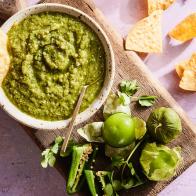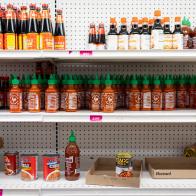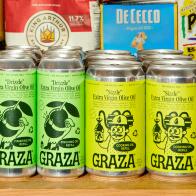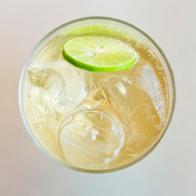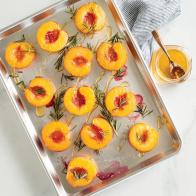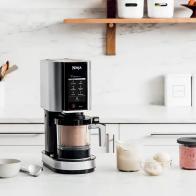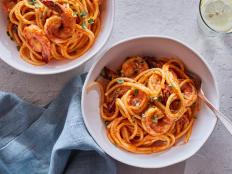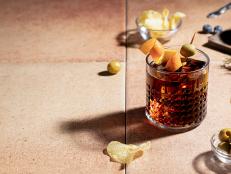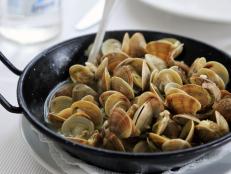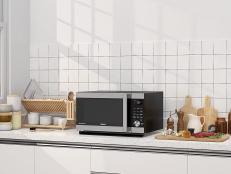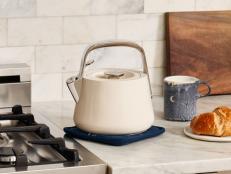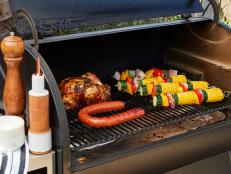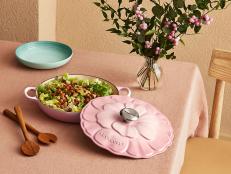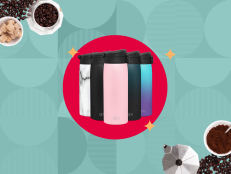Affordable Weeknight Wines — Outsmarting Wine
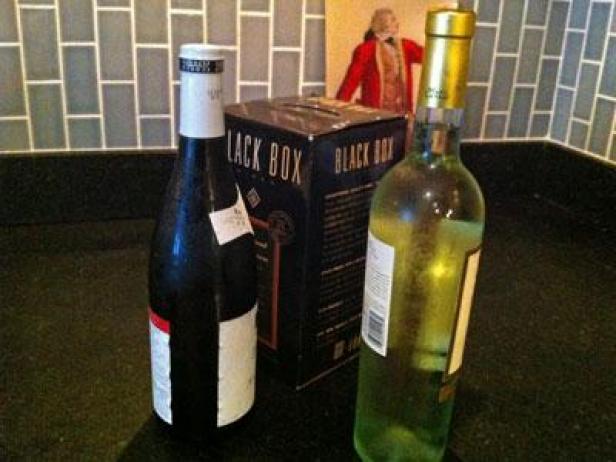

Amy Fletcher, www.aefletchers.com
Every week, Mark Oldman -- wine expert, acclaimed author and lead judge of the hit series The Winemakers -- shares with readers the basics of wine, while making it fun and practical. In the coming weeks, he'll tell you what to ask at a wine store, at what temperature to serve it and share his must-have wine tools.
A word of reassurance to casual drinkers: Even wine pros like to drink simple, affordable wines most of the time. While high-dollar, prestigious juice is always appreciated (especially when it’s on someone else's dime), the eternal, ongoing quest is for delicious bottles that are as affordable as they are easy to come by. Here are three types that will enchant any night of the week:
Vermentino: If you’re up for a more interesting alternative to Pinot Grigio, look no further than this fun-to-pronounce white from Italy. Increasingly in stores and restaurants, Vermentino is medium weight, with sassy notes of citrus and a clean, appetite-stoking finish and rarely a trace of oak. Typically ringing up less than $15, it makes fast friends with seafood of all sorts, including this tangy, toothsome Red Mullet Wrapped in Paper.
Cru Beaujolais: No, this is not the Beaujolais of late autumn (i.e., Beaujolais Nouveau) but higher quality, year-round stuff. Refreshing and inexpensive, Cru Beaujolais is medium-bodied and highly fragrant, dialing up bright-red fruits and able to flatter everything from swordfish and salmon to sausage and pasta. Look for the name of one of the 10 Beaujolais villages such as Morgon, Fleurie or Brouilly, or ask your local wine merchant for a favorite pick.
Box wine: Word is getting out that box wine need not be the vinous equivalent of a beer helmet. Recent years have seen the emergence of so-called "premium" box wine -- that is, wine of respectable quality contained in spigotted boxes or Tetrapak containers. Not only are these enclosures convenient, durable and eco-friendly, but their average price-per-bottle equivalent works out to be a wallet-preserving $4 to $6 a bottle.


